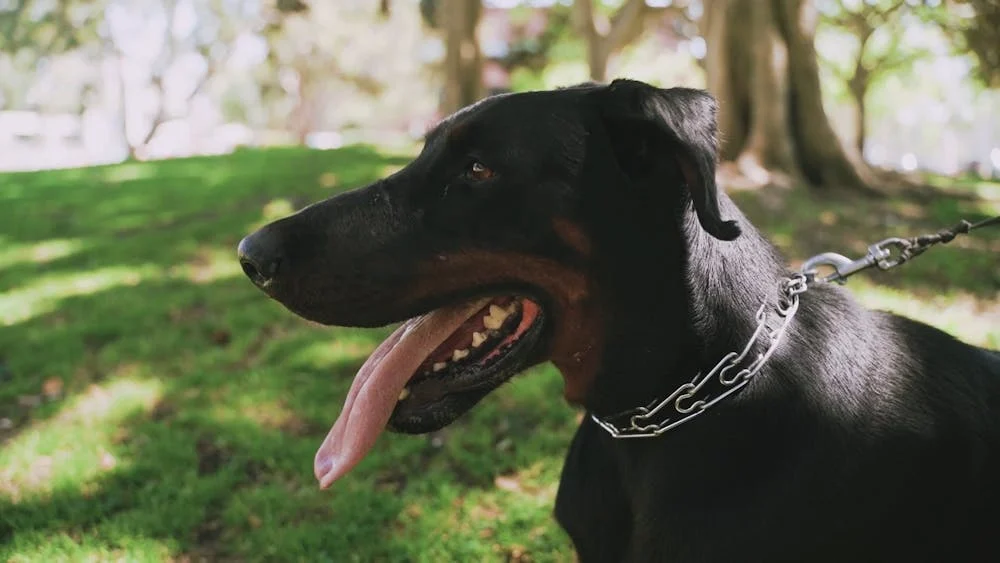Seeing your dog drooling excessively and appearing lethargic can be concerning. While occasional drooling is normal, when paired with lethargy, it may indicate a health issue that requires attention. In this article, we’ll explore the possible causes of drooling and lethargy in dogs, when it’s serious, and when you should consider rushing your pet to the vet.
What Are the Most Common Causes of Drooling and Lethargy in Dogs?
Dogs can drool for a variety of reasons, ranging from normal physiological responses to serious health concerns. Common causes include:
- Oral Problems: Dental disease, infections, or injuries in the mouth can cause dogs to drool excessively. This discomfort might also make them seem lethargic.
- Heatstroke: Overheating is a critical concern, especially in hot weather. Dogs may drool heavily as they attempt to cool down, and heatstroke can make them tired or unresponsive.
- Ingesting Something Toxic: Certain household items, like chocolate, xylitol, or poisonous plants, can cause drooling and lethargy. If ingestion is suspected, immediate veterinary attention is crucial.
- Nausea: Dogs drool when they feel nauseous, which could result from motion sickness, gastrointestinal upset, or an underlying illness.
- Infections: Bacterial or viral infections can lead to lethargy and drooling, especially if the infection affects the respiratory or digestive system.

Could Drooling and Lethargy Be Due to a Neurological Issue?
Yes, neurological issues can cause a dog to drool and seem lethargic. Conditions like:
- Seizures: Seizures can cause uncontrolled drooling. Post-seizure fatigue often makes dogs appear lethargic.
- Vestibular Disease: This disorder affects the dog’s balance and can lead to drooling, head tilting, and a lethargic demeanor.
- Brain Tumors: Though rare, brain tumors can cause neurological symptoms such as drooling, lethargy, and changes in behavior.
If you notice symptoms like loss of coordination, head tilting, or unusual behavior alongside drooling and lethargy, it’s essential to seek veterinary advice.
Is It Serious If My Dog Is Drooling and Lethargic? Should I Rush Them to the Vet?
While not always a sign of an emergency, drooling and lethargy together should never be ignored. If your dog shows these symptoms along with vomiting, diarrhea, weakness, or any unusual behavior, it’s time to contact the vet. Drooling paired with lethargy can be a sign of an underlying issue that needs prompt treatment.
When Should I Worry About My Dog’s Drooling and Lethargy? What Symptoms Should I Watch For?
You should be concerned if your dog is drooling and lethargic along with these symptoms:
- Vomiting or Diarrhea
- Loss of Appetite
- Difficulty Breathing
- Uncoordinated Movements
- Changes in Behavior (e.g., Aggression, Confusion)
These could indicate more severe health problems, such as poisoning, infections, or neurological disorders.
Can Stress or Anxiety Cause Drooling and Lethargy in Dogs?
Yes, stress and anxiety can cause both drooling and lethargy. When dogs are anxious, their body reacts similarly to how humans respond to stress. They might salivate more and become less active due to emotional exhaustion. Common triggers include loud noises (like thunderstorms), changes in their environment, or separation anxiety.
If you suspect anxiety, creating a calm environment or using anxiety-reducing products (such as calming treats or pheromone diffusers) may help ease their symptoms.
How Can I Help My Drooling and Lethargic Dog? Should I Be Concerned About a Neurological Issue?
To help your dog, it’s crucial to identify the root cause of their drooling and lethargy. Here’s what you can do:
- Check Their Environment: Ensure they haven’t ingested anything toxic, overheated, or been exposed to stressors.
- Inspect Their Mouth: Look for signs of injury, dental issues, or foreign objects that may be causing discomfort.
- Monitor Their Symptoms: Keep track of any additional symptoms like vomiting, diarrhea, or difficulty walking.
If neurological symptoms like imbalance, head tilting, or seizures occur, immediate veterinary consultation is essential.
Is My Dog Sick If It’s Drooling and Lethargic? When Should I Take Them to the Vet?
If your dog’s drooling and lethargy persist for more than a few hours, it’s wise to consult your vet. If additional symptoms like vomiting, weakness, or behavioral changes arise, seek medical attention immediately. Some causes, such as poisoning or infections, can worsen quickly without treatment.
What Are the Most Common Causes of Drooling in Dogs, and When Should I Be Worried?
As mentioned earlier, common causes of drooling include dental issues, nausea, infections, or exposure to heat. You should be worried if the drooling is excessive, unrelenting, or accompanied by symptoms like lethargy, vomiting, or seizures. These could indicate serious conditions requiring veterinary care.
How Can I Tell If My Dog’s Drooling Is Due to a Neurological Issue?
Signs of neurological issues include:
- Loss of Coordination
- Seizures
- Head Tilting
- Pacing or Circling
- Behavioral Changes
If your dog displays any of these symptoms alongside drooling, it’s important to consult your vet for a neurological examination.
Should I Rush My Dog to the Vet If They’re Drooling and Lethargic?
Yes, in certain cases, you should rush your dog to the vet, particularly if:
- They have ingested something toxic.
- They show signs of heatstroke or poisoning.
- Neurological symptoms like seizures or loss of balance are present.
Immediate veterinary attention can make a significant difference in outcomes for your pet’s health.
Conclusion
While drooling and lethargy in dogs can be caused by something minor, such as mild stress, it’s essential to monitor your pet closely. Understanding the potential causes and knowing when to consult your vet can help ensure your dog’s well-being. If in doubt, it’s always better to err on the side of caution and seek professional advice.
Taking quick action can prevent minor issues from turning into major health problems or visit Cooper Pet Cares for more details.